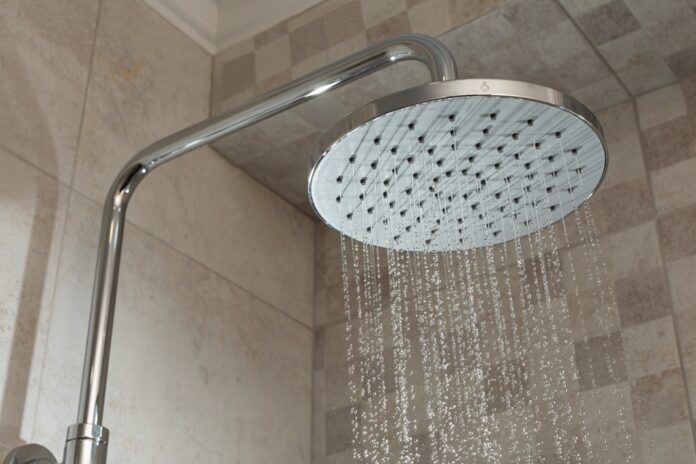
Hydrosense has warned installers about the risk of Legionnaire’s disease if necessary precautions are not taken, despite an “established understanding” that Thermostatic Mixing Valves (TMVs) taps offer the highest form of protection against infection.
A statement said that hand hygiene in washrooms is critically important in preventing the spread of germs and maintaining public health, particularly in high-risk environments such as hospitals and care homes. As part of this, the role of hand washing is long understood to be one of the most effective tools to prevent the spread of infections, it cited.
The statement added that many public buildings, particularly health and care facilities, now use non-touch taps to negate the need for physical contact. TMVs will play a key role in this by allowing water to be stored and distributed at temperatures high enough to kill Legionella bacteria, it said, while enabling it to be delivered at a safe temperature for use by mixing it with cold water.
While TMVs are essential for minimising the risk of scalding, Hydrosense has warned installers that, without the right precautions in place, they can inadvertently increase the risk of Legionella growth.
Ruth Thomas, product manager at Hydrosense, said: “People’s hands are the most common means of transmitting microorganisms, particularly bacteria, posing significant infection risks for vulnerable groups like children and the elderly. Employing non-touch operation helps significantly minimise the risk of cross-contamination. This is especially important in high-risk premises such as healthcare, care homes and education.
“There have, however, been several reports in recent years about increased contamination from Legionella and other bacteria on both sensor-activated and TMV taps. The Legionella risk becomes even greater in taps that are infrequently used or not maintained properly. It is therefore vital that installers ensure adequate precautions are in place.”
According to a study from 2011 at John Hopkins Hospital in Baltimore, USA, Legionella inhabits 50% of hands-free taps compared with only 15% of contamination in manual taps.
A report from European Centre for Disease Prevention and Control in 2023 found that the US has experienced an alarming 1000% increase since 2000 and the EU observed its highest annual notification rate of Legionnaires’ disease to date.
Ruth added: “Placed into the context of globally rising Legionella cases, and it’s clear that the industry must do more to reduce Legionella risk in TMV tap use. Inherently, of course, this may have fallen outside of the installer’s remit. However, given the scope of their works in the light commercial field, there an obvious opportunity for installers to a play an proactive role and support their customers in reviewing their approach to TMV safety.
“Considerations should include providing on-site testing as part of an installation or maintenance package to help ascertain if control measures have been sufficient. As awareness around growing Legionella rates grows, this will further secure an installer’s reputation as a trusted professional dedicated to helping to protect the public and help attract more business especially from industries with heightened health and safety priorities.”
